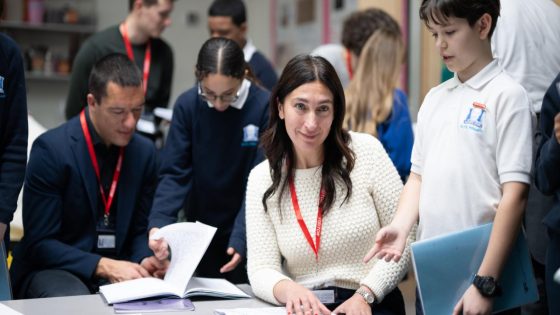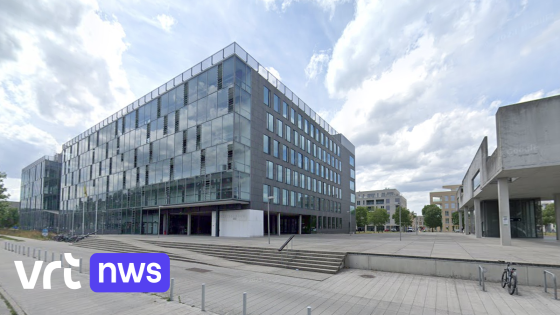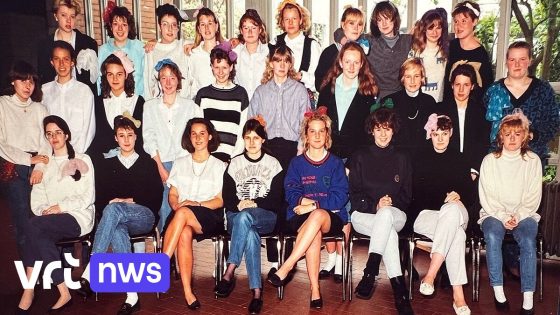Belgium’s new minimum goals for primary school mathematics are stirring optimism among educators. Wiskundeprofessor Ann Dooms from the Vrije Universiteit Brussel welcomes these clearer, linked objectives, aiming to strengthen students’ understanding of the logic behind formulas. As of 2025-05-15 19:39:00, this reform marks a significant shift in how young learners engage with math fundamentals.
- Ann Dooms supports clearer, linked math goals
- Students must understand logic behind formulas
- Previous curricula lacked coherence and number sense
- Better textbooks needed with expert involvement
- Rapid reforms require budget and teacher support
- Science aims to inspire curiosity, not facts
Previously, many pupils struggled with grasping the ‘why’ behind calculations, often relying on rote memorisation or tricks that failed to build true number sense. Dooms highlights that the earlier curriculum’s implementation faltered, not the goals themselves, raising the question: can this new approach truly reverse the downward trend in Belgian math performance?
Will schools and teachers adapt quickly enough to make these minimum goals effective? The answer depends on more than rewriting standards—it requires investment in quality materials and teacher support.
What does this mean for Belgian education? Professor Dooms points out that the success of these reforms hinges on practical implementation. Without better textbooks and well-prepared teachers, will the new standards remain just words on paper?
- Clearer, interconnected goals help students see the purpose behind math exercises.
- Old curricula often lacked cohesion, causing confusion and disengagement.
- Effective change requires quality teaching materials and professional development.
- Real impact may take years to measure, especially as new cohorts progress.
As Belgium embarks on this educational journey, continuous support and realistic timelines will be essential. Will policymakers and schools rise to the challenge and ensure these minimum goals translate into lasting improvements? Only time will tell, but the renewed focus on understanding over memorisation is a promising start.

































